With legislative elections just a day away in Burundi, PARCEM — a leading civil society organization — has voiced serious concerns over limitations placed on media coverage of the upcoming polls, warning that such restrictions threaten electoral transparency.
In a statement issued on Tuesday, PARCEM underscored the vital role of the press in safeguarding democratic processes. “We remind everyone of the essential role the press plays in strengthening electoral transparency,” the organization said in a message posted on X (formerly Twitter). “One cannot speak of genuine electoral transparency without a free and independent press that is fully empowered to carry out its role.”
These concerns come as government institutions finalize preparations for Thursday’s vote. Earlier this week, the Minister of Communication, Léocadie Ndacayisaba, met with media leaders alongside officials from the National Independent Electoral Commission (CENI) and the Directorate General of Communication and Media to outline the official framework for election coverage.
According to the plan, media coverage will be coordinated through a centralized “media synergy” operation housed at state broadcaster RTNB and the offices of the state-run press group, Publications de Presse Burundaise (PPB). Participation will be limited to 29 radio stations, 7 television outlets, and 26 print and online media organizations. Only journalists accredited through this mechanism—with new election-specific press cards issued by CENI—will be permitted to report from polling stations.
Minister Ndacayisaba issued a stern warning to journalists, urging them to exercise caution and professionalism. “Journalists must avoid broadcasting or publishing alarmist information that could incite hatred and division,” she said. “We want peaceful elections. These elections must be brought to a successful conclusion.”
But critics argue that the restrictions raise red flags. PARCEM has slammed the move, saying that limiting which journalists can cover the election undermines transparency and risks eroding public trust. “CENI is granting itself the privilege of choosing which journalists will be allowed to work on election day,” the group said. “CENI’s role is limited to the technical preparation of the elections; it is not its place to select or ban any journalist. This behaviour raises suspicions about the true level of transparency.”
Background of Control: Press Limits Not New in Burundi
Concerns over press freedom during elections are not new in Burundi. In December 2024, CENI issued a directive prohibiting both local and foreign journalists from announcing preliminary results before official confirmation from the commission. CENI spokesperson François Bizimana defended the decision, citing the need to “combat misinformation and ensure order.”
Under the new electoral code, journalists who breach Article 239—by releasing unauthorized results—face prison sentences of 5 to 10 years and fines ranging from 800,000 to 4 million Burundian francs.
PARCEM insists that rather than restricting access, authorities should facilitate full coverage by the press. “Journalists should be able to access all locations using their own means or their press credentials,” the group said. “At the very least, a national press card should suffice for Burundian reporters, even if foreign journalists may be subject to additional requirements.”
The organization emphasized that the press serves as a critical observer during elections, often providing the only real-time updates available to the public. “Each event or incident can be reported and brought to the attention of both national and international audiences. This can deter those who may attempt to commit abuses on election day.”
PARCEM also called for transparency at polling stations, including open vote counting and the publication of vote tallies by journalists. “Each polling station is an independent unit where vote counting takes place in the presence of observers, party agents, and journalists. The signing of the tally report (PV), whose contents can be shared by the press, is fundamental to transparency.”
As a model, the organization cited Burundi’s 2005 general elections, widely praised for their transparency. “People remember that each polling station could immediately communicate the results, which allowed the public to follow the election process and prevented fraud during the results compilation.”
Beyond media access, PARCEM warned that logistical challenges—such as the ongoing fuel shortage in the country—could further impede the work of journalists and election observers. “The current fuel shortage may prevent observers and journalists from reaching polling sites. This issue was supposed to be resolved before the campaign began, but that promise has not been fulfilled.”
The organization concluded with a broader warning to the country’s political leadership: “If electoral processes continue to be organized in opacity while the population is grappling with pressing problems, it will show a trend among political leaders to cling to power, despite their limited capacity to address these challenges — which could further fuel public frustration.”

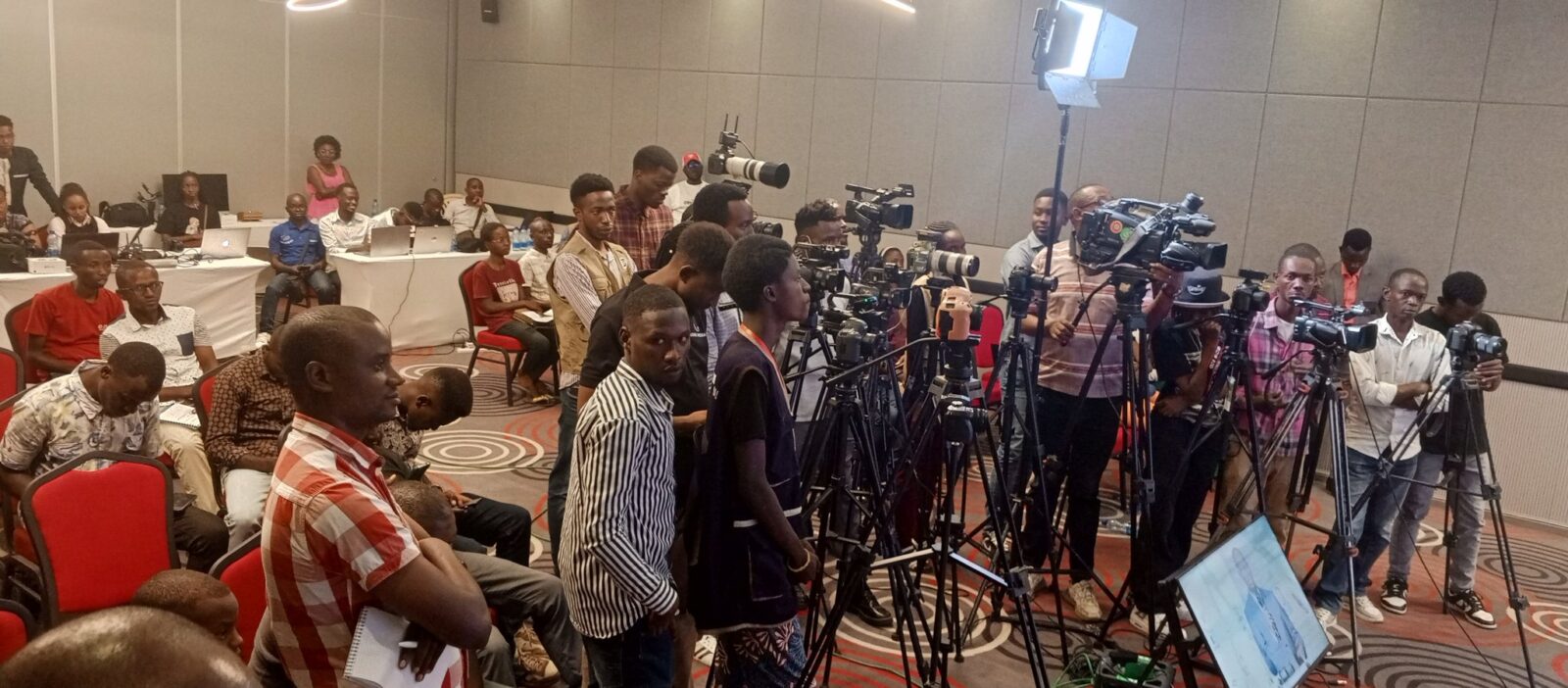
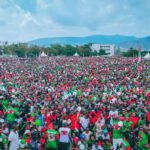
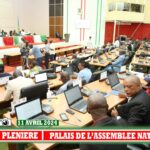
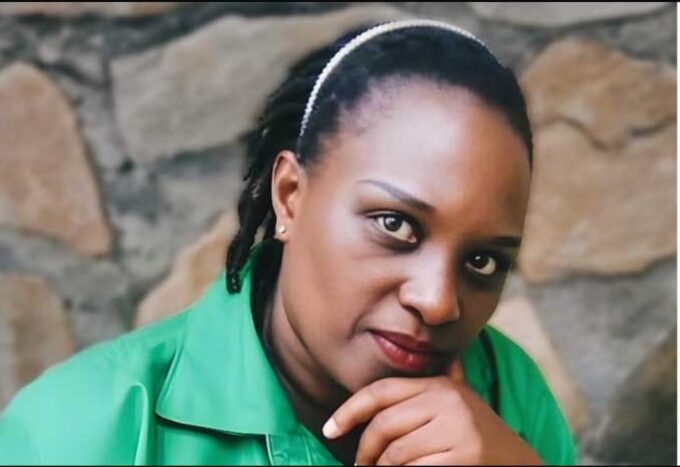
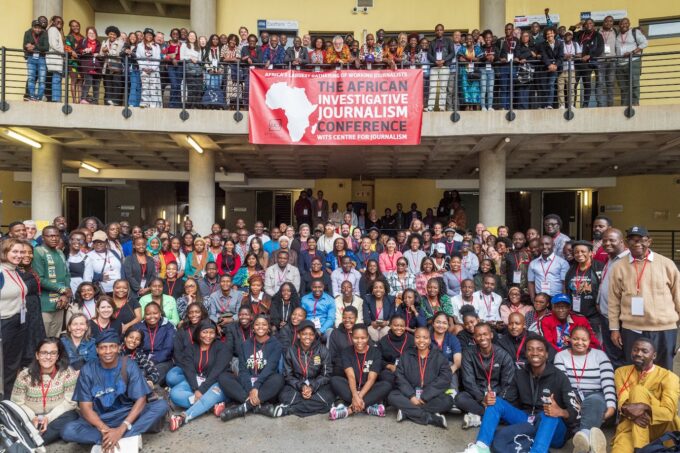
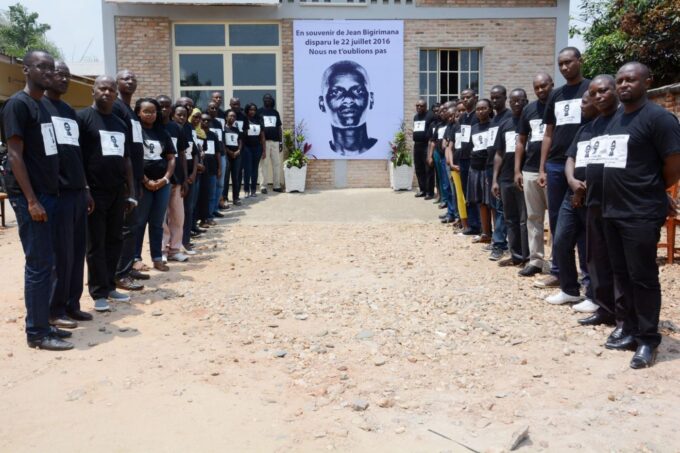
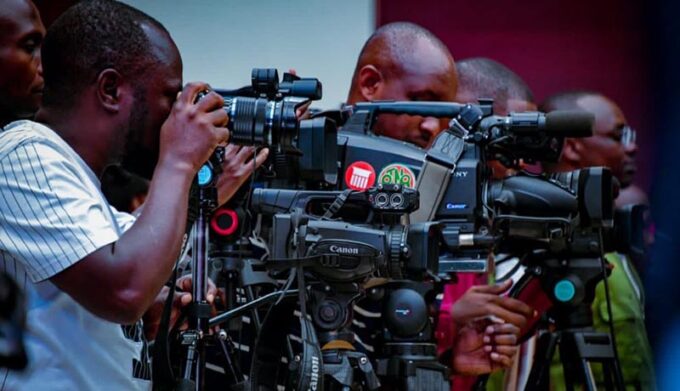
Leave a comment